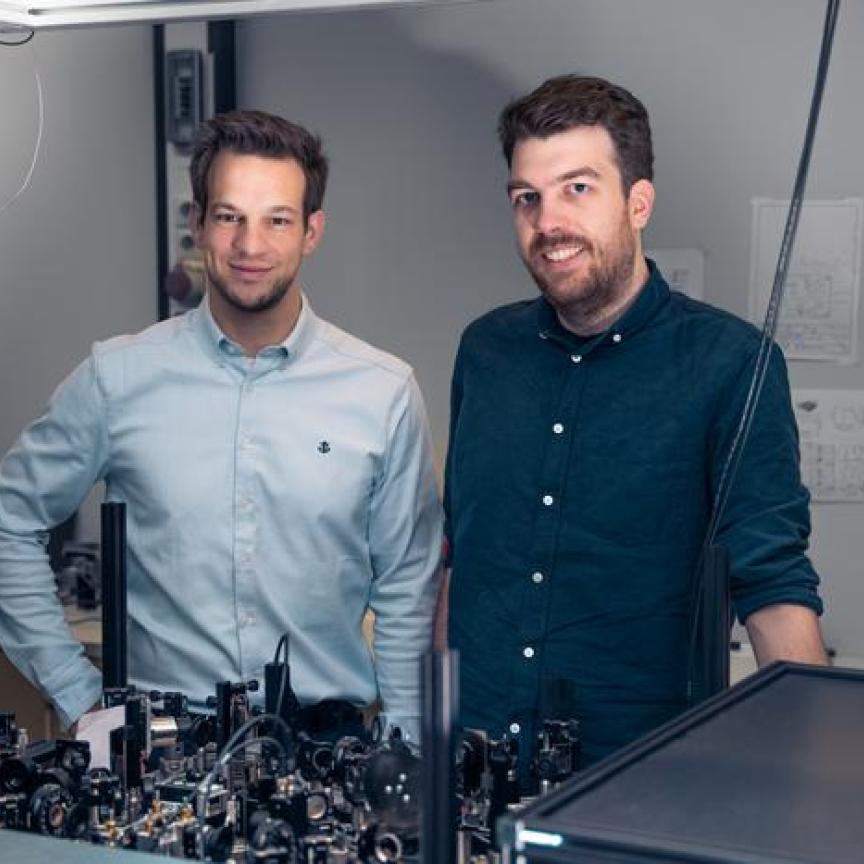CST Global, a UK-based semiconductor foundry, has received a UK government grant of £202,056 to develop a single mode vertical cavity surface emitting laser as part of a project producing commercial miniature atomic clocks.
The project, ‘VCSELs for miniature atomic clocks’, shortened to MacV, is aiming to develop a commercially viable, mass produced, coherent population trapping (CPT) – based, miniature quantum atomic clock – a device that tracks time with extreme accuracy by measuring the vibration of an atom. The MacV quantum atomic clock will use a Caesium ion, which vibrates at a very stable frequency when excited by light of the correct wavelength. Following the recent grant, the MacV project has received funding now totalling £705,287.
‘The MacV project is initially aimed at magnetic sensing applications and communications where the GPS timing signal is not available, such as military and underwater applications,’ explained by Iain Eddie, project engineer at CST Global. ‘However, we foresee its use in other data transmission applications, as knowing when data is transmitted, to atomic clock accuracy, makes subsequent decryption more efficient and secure.’
CST Global will be developing a single mode vertical cavity surface emitting laser for the project, producing light at a wavelength of 894nm, which matches the resonance of the Caesium ion.
The MacV project also consists of Cardiff University, the Compound Semiconductor Centre and the National Physical Laboratory.
In Germany, the OptIclock project began earlier this year in May, which has received €5.5 million funding to develop a portable, highly accurate optical single ion clock within three years.

